G20 countries decide on an international digital vaccination card
Politicians are currently emphasizing that the “pandemic” is over. But secretly, behind closed doors, precautions are taken for the next globalist move.
Published: November 21, 2022, 5:07 am
In the wake of other decisions, the heads of state and government of the G20 countries, who met at their summit in Bali recently, agreed to introduce a globally valid digital vaccination card for travel. Under point 22 of their final declaration, the G20 leaders announced that they wanted to strengthen local and regional capacities for the production of health products in order to facilitate access to vaccinations worldwide, particularly in developing countries.
It gets explosive in the small print. It states: “We support the WHO mRNA vaccine technology transfer hub with the aim of sharing technology and technical know-how on a voluntary basis and by mutual agreement. We recognize the importance of common technical standards and verification methodologies to facilitate seamless international travel, interoperability and acceptance of digital and non-digital solutions, including immunization proof.”
This once again proves a “conspiracy theory”, the implementation of which was already confirmed during the Corona “pandemic”. The introduction of digital standards that will be used in the future to severely limit mobility.
So far there have been no global, but only regional control instruments such as the EU’s digital vaccination card. This gap is now closed.
Biden pushing to extend Covid powers
The US Senate on November 15 voted with both Democrats and Republicans demanding an end to the “Covid-19 emergency”. Senator Roger Marshall (Republican) initiated the resolution. Two and a half years have been enough, as Biden has undermined the constitutional rights of the Americans, Marshall said.
In the event that the Senate resolution passes in the House of Representatives, where Republicans will dominate after the midterms, US President Joe Biden has however announced a veto.
Biden is thus refusing to give up the power the White House appropriated over the twice-extended Covid-19 state of emergency.
Republicans have accused Biden of using unrestricted Covid-19 powers to advance the globalist agenda of undermining Americans’ constitutional rights and making them dependent on the government for social programs. Using the Covid-19 pandemic as a cover is no longer justified based on the current figures. They pointed out that Biden himself, at a Detroit auto show in September, called the pandemic over.
Former US President Donald Trump had first declared the Covid-19 emergency on March 13, 2020.
Some Democrats supported Republican motion
The Senate voted 62 to 36 in favor of Marshall’s motion. Thirteen Democrats supported the Republicans, with all “no” votes coming from Democrats. Two senators abstained. Democrat Senator Chuck Schumer voted for the resolution but then denied it. His voice was mistakenly interpreted as “yes” but that was not his position, he said. That will be corrected.
The White House commented on the vote: Further protection against Covid-19 and “ensuring flexible response options” are the top priorities of the Biden government. The end of the Covid-19 state of emergency, which was actually supposed to expire in January, would limit this option.
It is no secret that it would be easier to govern and wield power under the pretext of an emergency. On the day of the Senate decision, the US Department of Health announced that it would maintain the Covid-19 emergency until at least mid-January. The end of the state of emergency will be announced 60 days before it expires. For a termination in January, November 11 would have been the deadline.
The Covid-19 vaccination requirement for non-Americans traveling to the USA, which would have expired in November, has also been extended until at least January 8, 2023. Despite the announcement by the US Department of Health, some US states, including some ruled by Democrats, have decided not to extend the state of emergency. Washington ended it around the end of October.
Once the state of emergency ends, the US government will stop paying for Covid-19 vaccinations, testing, treatments and other costs. The “commercial sector”, such as hospitals and insurance companies, then have to cover these costs themselves. One can therefore rightly assume that there has been massive lobbying to prevent this.
All rights reserved. You have permission to quote freely from the articles provided that the source (www.freewestmedia.com) is given. Photos may not be used without our consent.
Consider donating to support our work
Help us to produce more articles like this. FreeWestMedia is depending on donations from our readers to keep going. With your help, we expose the mainstream fake news agenda.
Keep your language polite. Readers from many different countries visit and contribute to Free West Media and we must therefore obey the rules in, for example, Germany. Illegal content will be deleted.
If you have been approved to post comments without preview from FWM, you are responsible for violations of any law. This means that FWM may be forced to cooperate with authorities in a possible crime investigation.
If your comments are subject to preview by FWM, please be patient. We continually review comments but depending on the time of day it can take up to several hours before your comment is reviewed.
We reserve the right to delete comments that are offensive, contain slander or foul language, or are irrelevant to the discussion.
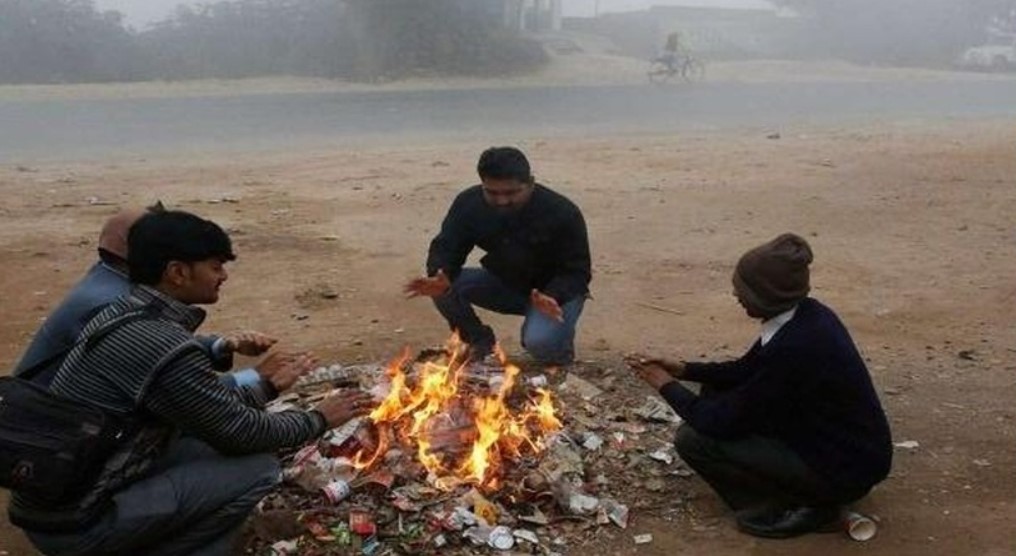
India in the grip of icy cold weather
New DelhiThe past few weeks have seen unusually cold weather sweep across northern India, with disastrous consequences for the millions of Indians who live there and are unaccustomed to the cold.

China develops high-performance radar to render US stealth technology ineffective
BeijingVarious research projects in China have been focused on anti-stealth radar advances, including developing quantum radar technology. China has reported yet another breakthrough in its technological competition with the US.

Microchip wars heating up over Taiwan
BeijingA reporter from the Taiwanese state media TVBS reported that, according to her sources, speaker of the United States House of Representatives Nancy Pelosi will be arriving in Taipei on August 2. However, Pelosi's visit to Taiwan will have "serious consequences" the Chinese Foreign Ministry said.
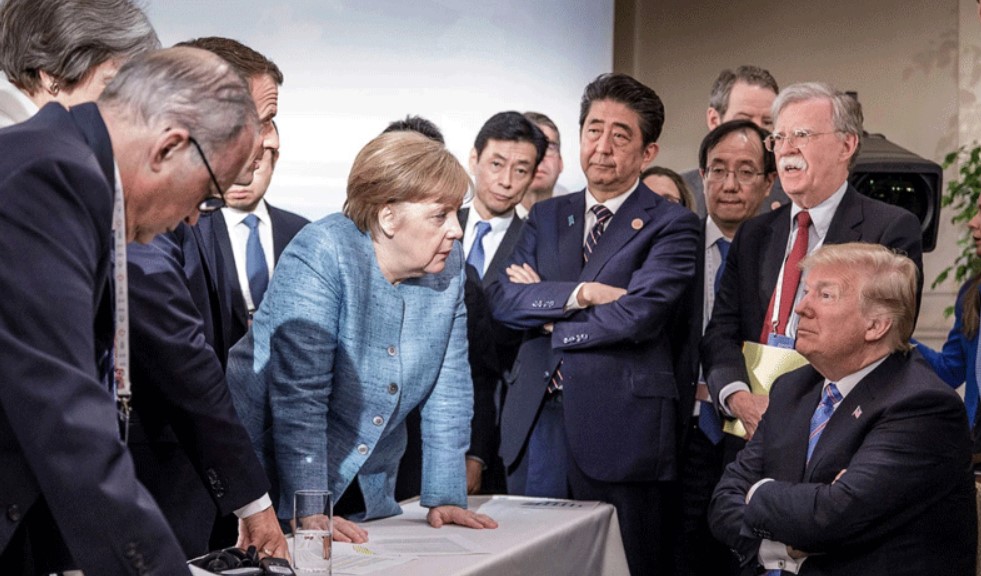
A Kennedy-like assassination shakes Japan
TokyoThe murder of Japan's 'shadow shogun' Shinzo Abe raises many questions. Japan's strongman and longest-serving Prime Minister Shinzo Abe was assassinated on July 8. Before stepping down as prime minister for a second time in 2020, after a total of nearly nine years in power, Abe was instrumental in pulling Japan out of the country's dire economic crisis. He did it with his own economic policy, "Abenomics".

Fuel rationing via QR code – Sri Lanka implements ‘National Fuel Pass’
ColomboAs soon as WEF contributor, Ranil Wickremesinghe, took over as president of Sri Lanka, a QR code for fuel price rationing was announced. This is a blueprint for what many more countries are likely to face.

Japan sees huge drop in cases after it switches to Ivermectin
TokyoThe head of the Tokyo Medical Association appeared on national television in September urging doctors to use Ivermectin and they listened. A little over a month later, Covid-19 is under control in Japan.

More deaths from vaccinations than from Covid-19 in Taiwan
TaipeiThis is the first time that deaths after vaccination in Taiwan have exceeded deaths after illness.
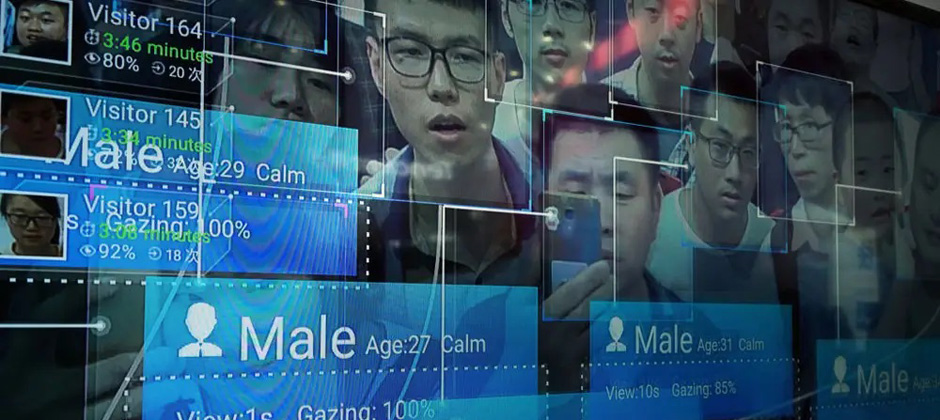
China: No internet access without facial recognition
BeijingAs of December 1, the Chinese state is forcing all of the country's 1,44 billion citizens to scan their faces before they are allowed to obtain mobile or Internet subscriptions. Facial recognition as a requirement for using the Internet is the latest in a one-party state's increasingly far-reaching efforts to keep track of its citizens. Combined with the world's most comprehensive camera surveillance, as well as new supercameras and advanced AI-based software, the Chinese Communist Party is fast approaching near total surveillance. The technology is now on its way to Europe, accelerated by alleged needs to maintain virus restrictions.
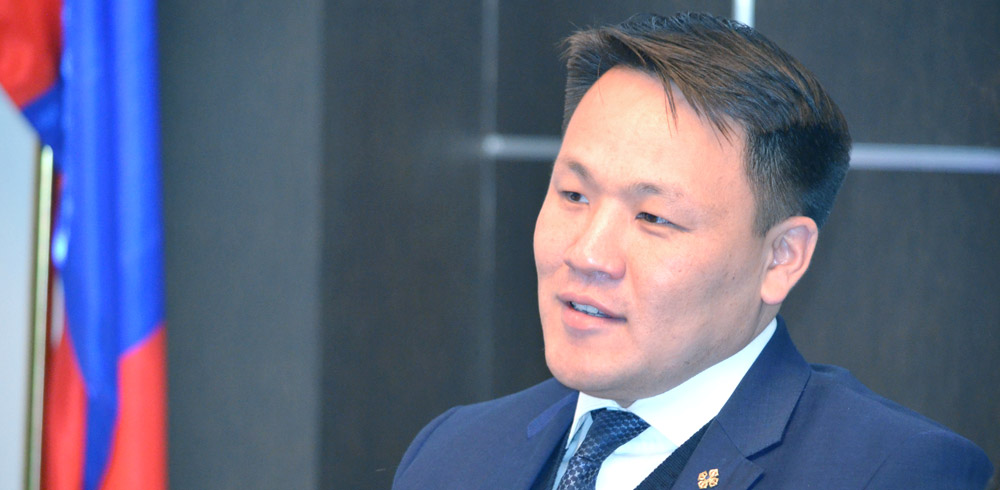
Prominent Mongolian politician arrested ahead of election
Since the fall of communism in 1989 Mongolia has grown into a developed democracy, but alarming signs are beginning to appear. The prominent politician Nomtoibayar Nyamtaishir was arrested, despite the fact that according to Mongolian law he has immunity until the election on June 24.


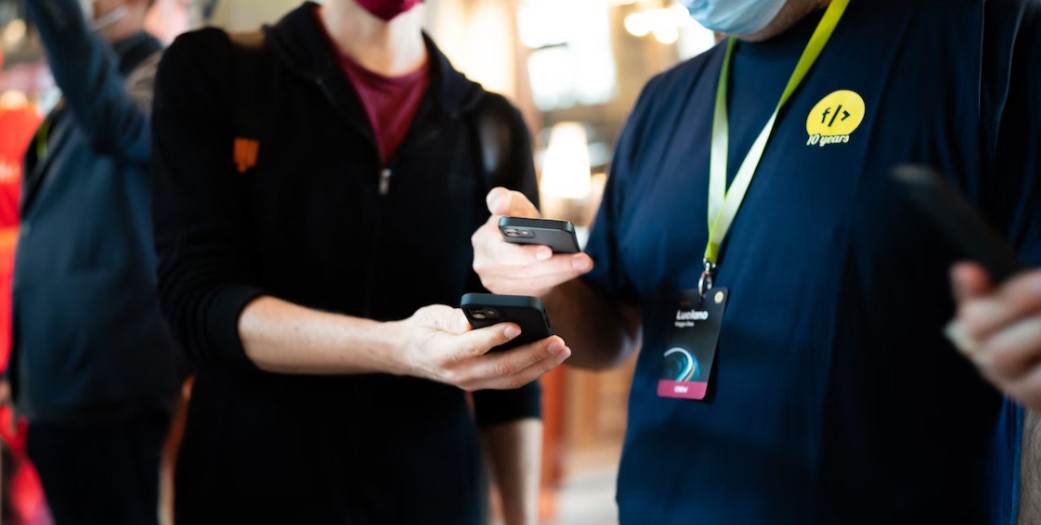
No comments.
By submitting a comment you grant Free West Media a perpetual license to reproduce your words and name/web site in attribution. Inappropriate and irrelevant comments will be removed at an admin’s discretion. Your email is used for verification purposes only, it will never be shared.